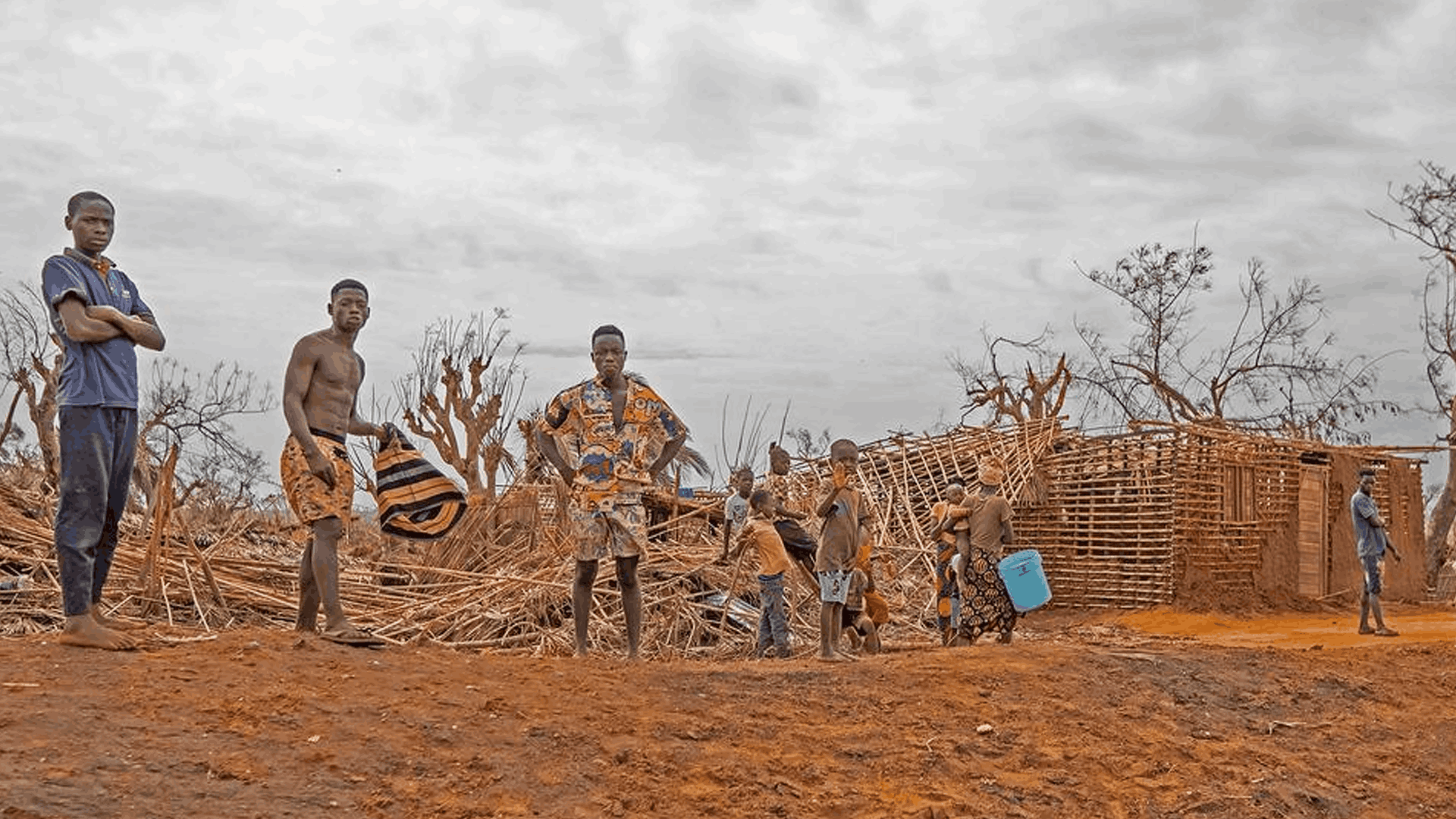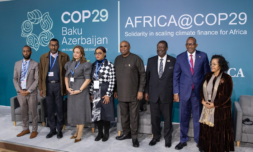The tropical cyclone Chido wreaked havoc in northern Mozambique affecting more than 180,000 people, and once again showed how climate change decimates the continent.
According to the United Nations Office for the Coordination of Humanitarian Affairs (UN, OCHA) report, the organization confirms that the cyclone has killed at least 45 people, and the number is expected to increase.
The cyclone has left thousands of people homeless and affected the livelihoods of Mozambicans. According to the United Nations, 90,000 children in the country have had their education and general living conditions upended.
Cyclone Chido hit the country with strong winds and heavy rains causing floods in homes and damage to roads. Reports from the Mecufi District in Cabo Delgado Province located in the Northern region, indicate that winds reached speeds up to 260 km/h. The area also saw about 250 mm of rain fall within 24 hours wrecking the homes of thousands.
Currently, food security hangs in the balance. The floods have had severe consequences to farmers washing away farmlands and putting food supplies at risk in a nation where over 80% of people depend on small-scale farming to survive.
The loss of livestock has made things even worse, especially for the rural population in the country’s Northern region. Damage to schools in this region has forced school closures indefinitely.
Cyclone Chido is a culmination of the growing intensity and frequency of tropical cyclones in Africa, which is directly linked to climate change. Additionally, massive deforestation and land degradation have weakened natural barriers, amplifying the impact of the cyclone.
Most African nations have become hotspots for climate-related calamities. In recent years, Mozambique, together with neighboring nations, have endured a string of cyclones, including Idai in 2019 – which claimed thousands of lives.
The effect of these disasters is overwhelming for African nations which continue to grapple with poverty and limited resources for its people.
In the French territory of Mayotte island in the Indian Ocean, the recent cyclone left more than 1,000 people dead and thousands without access to electricity. Within the island, most roads remain inaccessible and some neighborhoods completely destroyed by mudslides.
Informal housing, which accommodates at least one-third of the archipelago’s population, has been completely destroyed. Infrastructure has also been impacted, including Mayotte Central Hospital and the airport.
Countries such as Mozambique and territories like Mayotte, like any other African country, contribute the least to global greenhouse gas emissions but bear a disproportionate share of its consequences.
This injustice highlights the urgent need for developed nations to fulfill their commitments to climate finance, providing funds for adaptation and mitigation in vulnerable regions such as Comoros, Zimbabwe and such affected nations. Will the COP29 pledges be honored?
As the affected nations begin the long road to recovery, the effects of Cyclone Chido remain a sobering reminder of the stakes involved in the global fight against climate change.
Without sustainable action, such disasters will only become more frequent and devastating, threatening millions of lives and livelihoods.

















